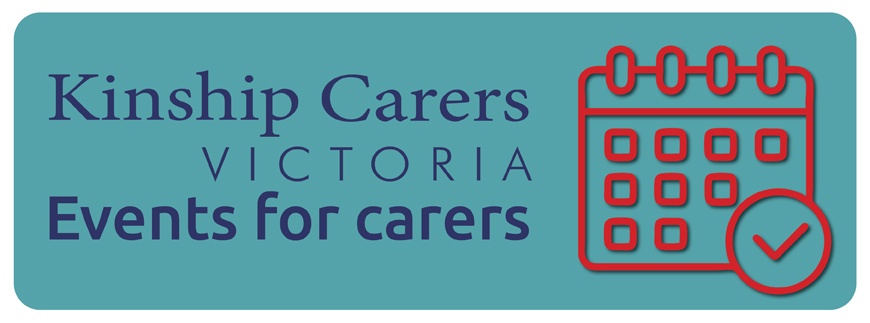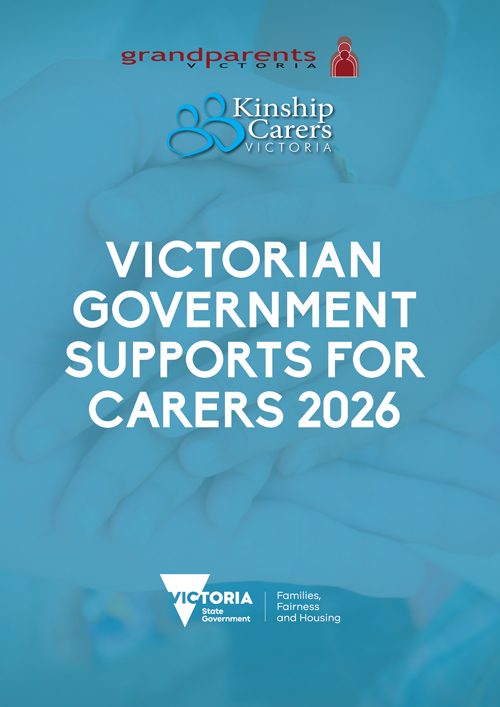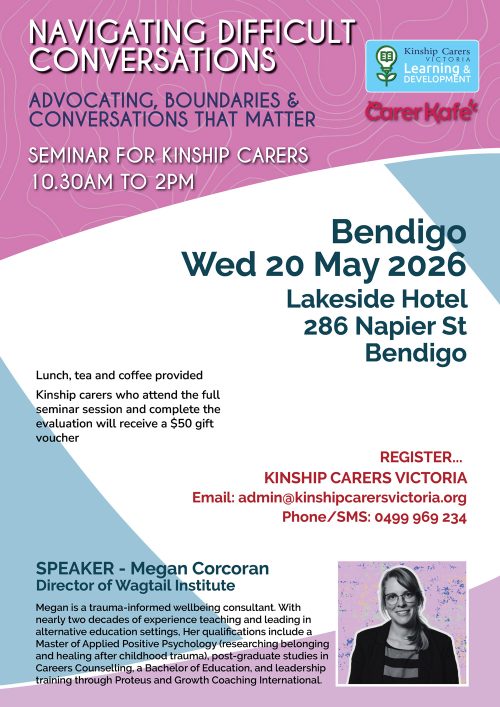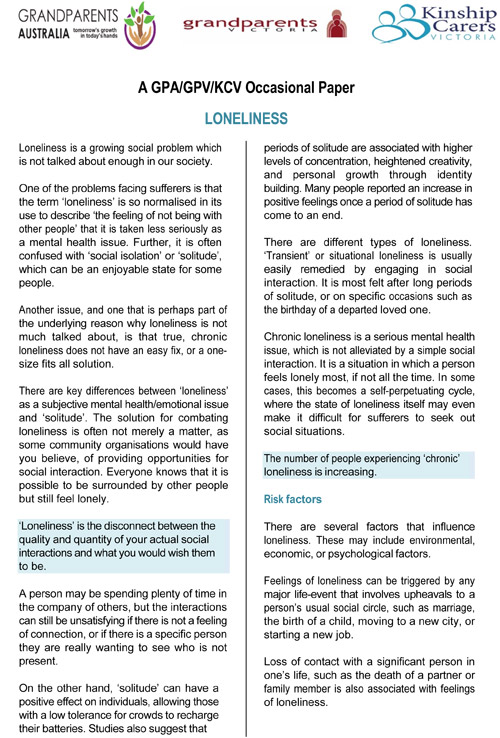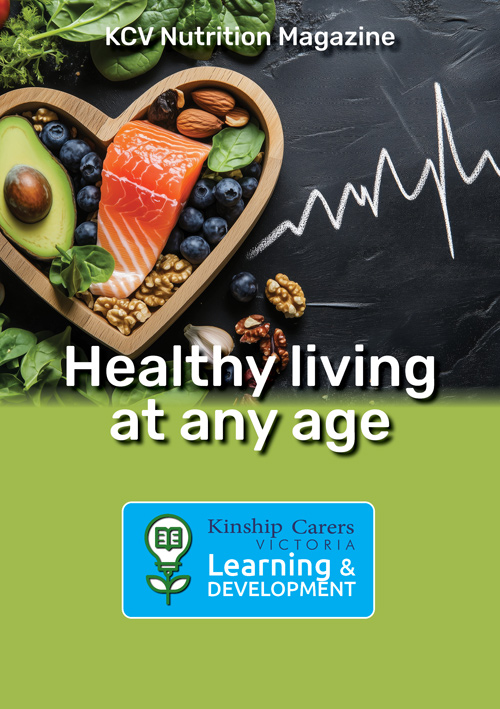Latest News & Information
Latest resources
Victorian Government supports for carers 2026
Dear Readers,
I thought it might be helpful to refresh our memory about some of the services and programs the Victorian Government has funded for kinship carers.
Cheers,
Anne McLeish, OAM
Director
Latest activities
Difficult Conversations seminar series
Dear Carers,
Learning and development activities are a very important issue for kinship carers. At halfway through the 2025-26 financial year we are able to report that a great number (approx. 400) of you have attended KCV face-to-face seminars. If the trend continues through the second half of the financial year, we will set a record for the highest number of attendees. Some of these activities are funded by the Victorian Government’s Carer Kafe program of learning and development for carers. This year we have also sent carers to the National Loneliness Conference and a conference on poverty in Bangkok.
Kinship carers, be they statutory, voluntary or informal carers, often express their appreciation at being able to gather with other carers and meet expert speakers. The feedback we are receiving from you verifies the value of these gatherings.
Thank you and well done to all of you who have made these activities so successful and such fun.
See you at the next seminar.
Cheers,
Anne McLeish, OAM
Director
Latest research
Loneliness Occasional Paper
Dear Readers,
Late last year a number of GPV/KCV Board members attended the national Ending Loneliness Together conference in Melbourne. As a result, the Board decided to highlight the problem and the need for each one of us take some action to address this worldwide issue.
This paper is food for thought and ends with some helpful tip sheets drawn from the Ending Loneliness Together website.
I recommend it to you all.
Cheers,
Anne McLeish
Director
Latest carer wellbeing magazine
KCV Nutrition Magazine - Health Living at Any Age
Dear Friends and Colleagues,
KCV is pleased to present you with the latest of our magazines in the carer wellbeing series. This one is about nutrition, as are others of our magazines. However, this one concentrates on nutrition that is appropriate as we get older – as we all are!
The book was launched at a nutrition seminar in Dandenong yesterday and was well received. I commend it to you.
Cheers,
Anne McLeish
Director



